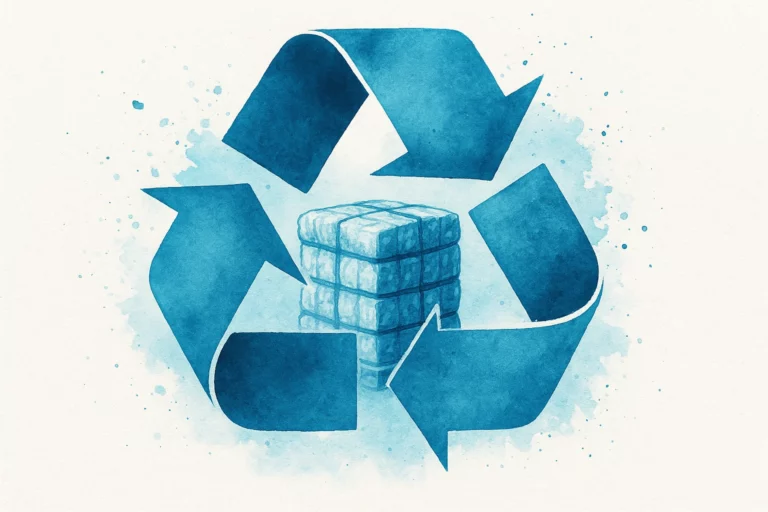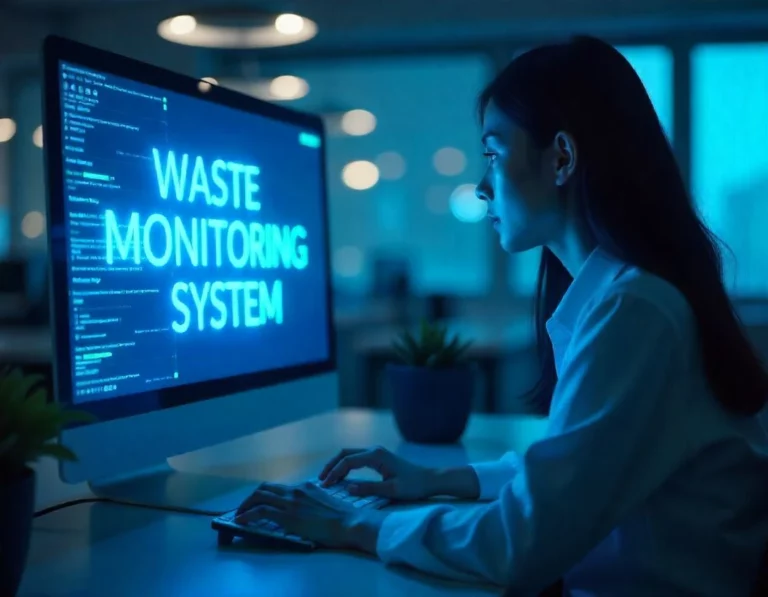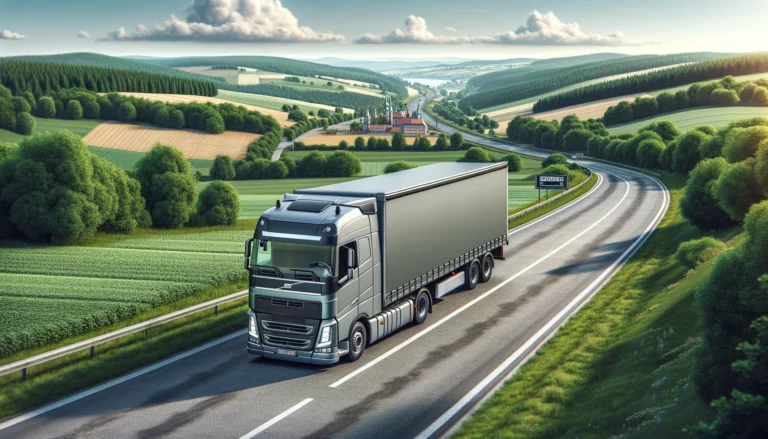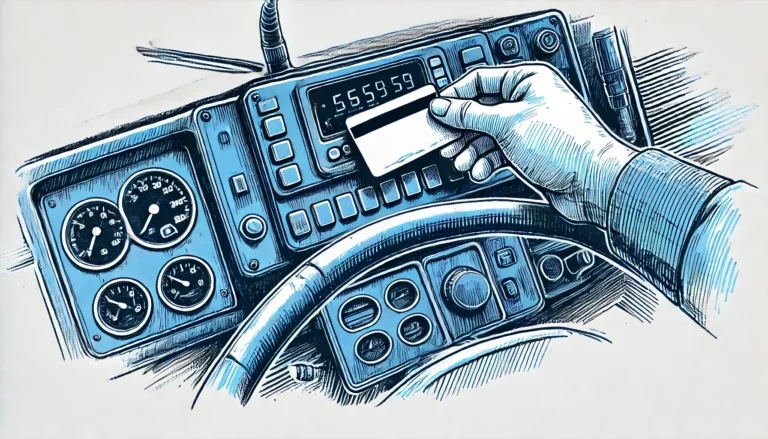Career opportunities in the waste management industry
In an era where sustainability and environmental protection are paramount, the waste management industry stands at the forefront of innovation and opportunity. With its vast array of sectors, this industry offers not just a career but a chance to make a significant impact. As Europe continues to advance its waste management strategies, each sector within this industry reveals its unique challenges and economic benefits, inviting professionals to contribute to a more sustainable future.
Waste management is an essential component of modern society. It ensures that the byproducts of daily life are handled efficiently, sustainably, and safely. With the industry evolving rapidly due to technological advancements and a growing focus on sustainability, choosing a career path in waste management offers a plethora of opportunities. This guide explores the various sectors within the waste management industry. It highlights their economic impact, challenges, and the bright prospects they hold for professionals.
The waste management industry comprises several distinct sectors. Each one plays a crucial role in handling waste from its inception to its final disposal or transformation. Understanding these sectors is vital for anyone looking to carve a career within this field.
International waste transport
International waste transport is a complex process governed by stringent regulations and requiring specific permits. It’s a sector that not only facilitates the efficient disposal and recycling of waste. It also contributes significantly to the economy. The necessity for proper documentation and adherence to international laws makes it a specialized field with high demand for skilled professionals.
Pros:
- Global impact: Offers the chance to make a global environmental impact by ensuring waste is treated or recycled in the most efficient and sustainable way possible.
- Regulatory expertise: Provides opportunities to become an expert in international regulations and compliance, a highly valued skill set.
- Diverse challenges: Engages with a wide range of logistical, regulatory, and environmental challenges, offering a dynamic and interesting career.
Cons:
- Regulatory complexity: Navigating international laws and treaties can be complex and demanding.
- Environmental concerns: Transporting waste internationally must be done responsibly to avoid environmental harm, requiring stringent checks and balances.
- Operational risks: Physical and financial risks associated with the transportation and handling of waste, including accidents and contamination.
Europe’s road freight transport market, which includes the transportation of commodities such as waste, is expected to reach USD 496.83 billion in 2024 and grow at a CAGR of 3.24% to reach USD 601.59 billion by 2030. This growth reflects the broader logistics and transportation sector’s trends within Europe, including factors such as investment in infrastructure, changes in freight rates, and the impact of regulatory initiatives aimed at enhancing the transport industry’s efficiency and sustainability
Need more information? Contact us:
office@wastetransportsolutions.eu ,
Waste collection
The first step in the waste management process, waste collection, focuses on gathering waste from residential, commercial, and industrial sources. Advances in technology and methods have made this sector more efficient, though it remains labor-intensive.
Pros:
- Community impact: Visible and direct impact on community cleanliness and health.
- Employment opportunities: High demand for collection services ensures steady employment.
- Technological innovation: Increasing use of technologies for route optimization and efficiency.
Cons:
- Physical demands: Physically demanding work with exposure to all weather conditions and potential health risks from handling waste.
- Operational challenges: Managing logistics and operational efficiency can be challenging, especially in urban areas or during peak waste periods.
- Public perception: Often undervalued socially, despite its importance to public health and environmental cleanliness.
The overall European waste management industry, which includes waste collection, transportation, treatment, and disposal services, was valued at approximately $310.2 billion in 2021, with expectations to grow to $346.44 billion by 2026.
Recycling
Recycling transforms waste materials into new products, preventing the waste of potentially useful materials, reducing the consumption of fresh raw materials, and mitigating air and water pollution. The process varies significantly among different materials, with some, like glass and metal, being easier to recycle, while plastics and certain electronics pose more challenges due to their composition. Each recycling sector contributes uniquely to the economy, with some sectors, like metal recycling, being particularly lucrative in Europe.
Pros:
- Environmental impact: Direct contribution to sustainability by minimizing waste and conserving resources.
- Innovation and technology: Opportunities to work with cutting-edge recycling technologies and to innovate in material processing.
- Economic growth: Recycling is a growing industry with increasing investment and job creation.
Cons:
- Material challenges: Some materials are difficult to recycle efficiently, requiring specialized processes and technology.
- Market dependence: The viability of recycling certain materials can be heavily dependent on market demand and commodity prices.
- Contamination and quality issues: Ensuring the quality and purity of recycled materials can be challenging, impacting the overall effectiveness of recycling.
The Europe waste recycling services market was valued at US$ 155.2 billion in 2022. It’s projected to grow at a CAGR of 5.4%, reaching US$ 251.4 billion by the end of 2031. This growth is driven by stringent waste management rules, recycling objectives, and the Europe Union’s commitment to a circular economy model. Germany plays a significant role in this market, highlighted by its high recycling rate of 62%
Waste sorting
Waste sorting is pivotal for effective recycling, separating waste into different types to facilitate their processing. The efficiency of sorting technologies and processes significantly impacts the economic and environmental outcomes of recycling.
Pros:
- Critical to recycling: Plays a vital role in the recycling process by ensuring materials are correctly separated.
- Technological engagement: Opportunities to work with advanced sorting technologies and machinery.
- Sustainability contribution: Directly contributes to sustainability goals by maximizing materials recovered for recycling.
Cons:
- Contamination issues: Contamination of waste streams can significantly impact the efficiency and effectiveness of sorting and subsequent recycling processes.
- Operational costs: High operational costs due to the need for advanced technology and manual labor for quality control.
- Market fluctuations: The value of sorted materials can fluctuate, affecting the economic viability of sorting operations.
Waste-to-energy
Waste-to-energy facilities offer a solution to reduce waste while generating energy, representing a win-win for environmental sustainability and energy production. These facilities are crucial in managing waste and contributing to the energy grid, making careers in this sector both impactful and rewarding.
Pros:
- Renewable energy production: Contributes to renewable energy goals by converting waste into electricity or heat.
- Waste reduction: Helps reduce the volume of waste that would otherwise go to landfills.
- Technological advancement: Involvement in the development and operation of high-tech waste processing facilities.
Cons:
- High initial investment: The construction and operation of waste-to-energy plants require significant capital.
- Environmental emissions: Concerns over emissions and their impact on air quality and public health.
- Resource intensity: Requires continuous input of large volumes of waste, raising questions about sustainability and waste generation practices.
The Europe waste-to-energy market was valued at USD 13.88 billion in 2022. It’s projected to grow at a CAGR of 14.4% from 2023 to 2030, reaching USD 41.75 billion by the end of the forecast period. This growth is driven by concerns about greenhouse gas emissions and new EU regulations aimed at reducing the carbon footprint.
Waste storage
Safe and efficient waste storage is critical for environmental protection, requiring careful planning and management. This sector ensures that waste is stored in a manner that minimizes risk to the public and the environment, playing a vital role in the overall waste management process.
Pros:
- Essential public service: Provides a critical service by safely storing waste, preventing environmental contamination.
- Regulatory compliance: Offers expertise in meeting strict storage regulations and standards, ensuring public and environmental safety.
- Stable employment: Ongoing need for waste storage solutions ensures stable job opportunities.
Cons:
- Environmental risks: Risk of leaks or contamination if not managed correctly, posing significant environmental and health risks.
- Public opposition: Facilities can face opposition from communities, complicating site selection and expansion plans.
- Regulatory challenges: Complying with evolving regulations and standards can be resource-intensive.
Choosing a career path in the waste management industry involves considering both the positive impacts and challenges associated with each sector. Each offers unique opportunities to contribute to environmental sustainability and technological advancement. They also come with specific challenges that prospective professionals should weigh carefully.







